ECB President Christine Lagarde told a parliamentary committee, interest rates will remain the “main tool for fighting inflation”. Meanwhile, in December, ECB will “lay out the key principles for reducing the bond holdings”. The balance sheet will be “normalized over time in a measured and predictable way.”
“While monetary policy is geared towards bringing inflation back to our medium-term target, the economic outlook will also depend on the actions taken by other stakeholders,” she said. “In the current environment of high inflation, fiscal policy needs to be considerate to not add to inflationary pressures. Fiscal support should therefore be targeted, tailored and temporary.
Lagarde also reiterated that “meeting-by meeting approach” and data dependence of upcoming policy decisions. “How much further we need to go, and how fast we need to get there, will be based on our updated outlook, the persistence of the shocks, the reaction of wages and inflation expectations, and on our assessment of the transmission of our policy stance,” she added.
Full remarks here.




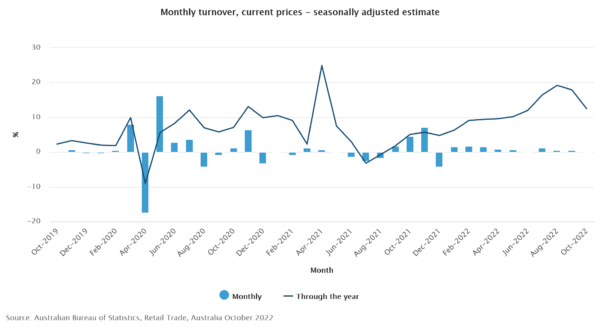
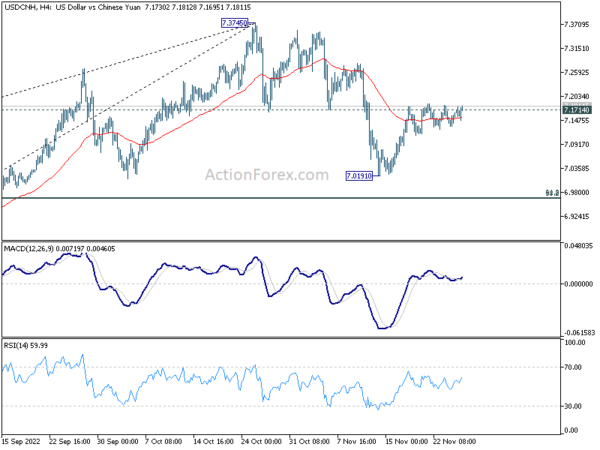
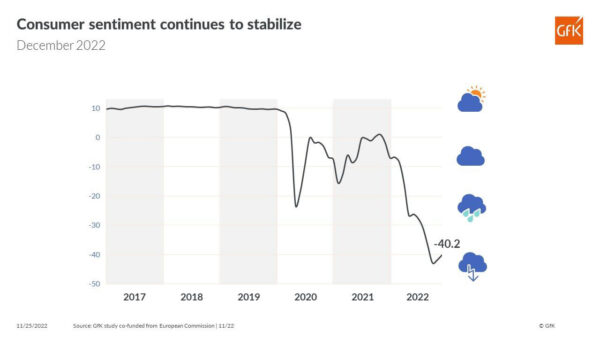
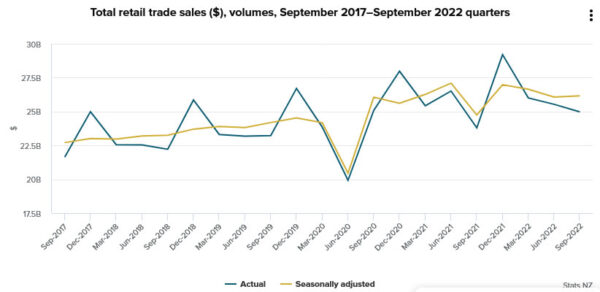
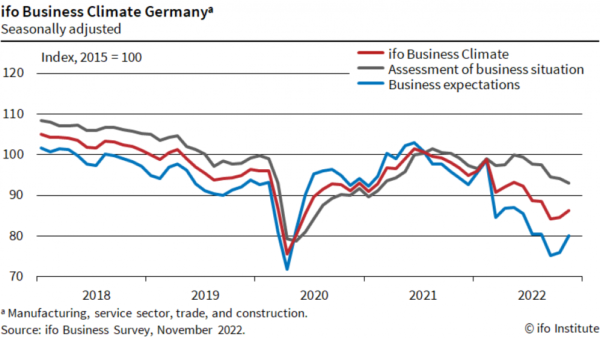
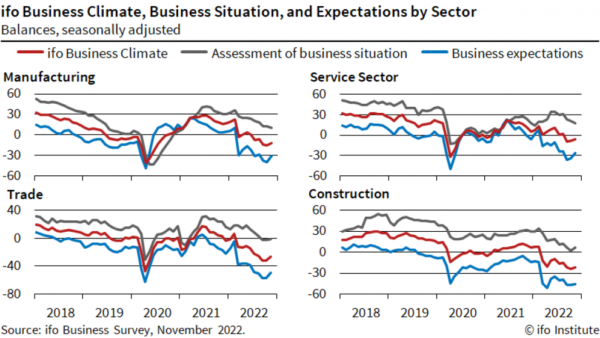
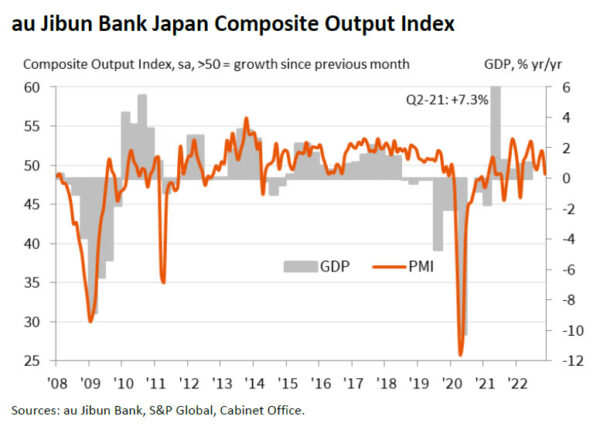
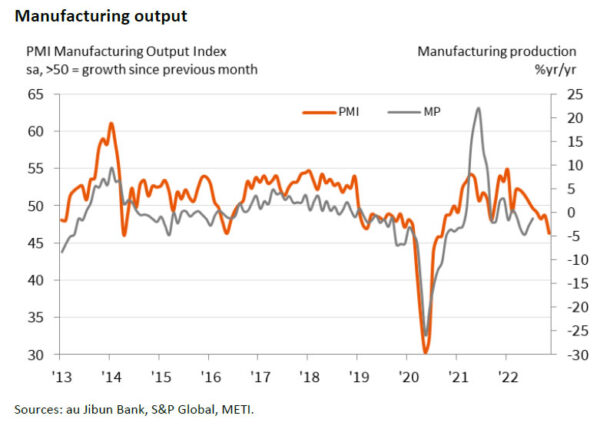
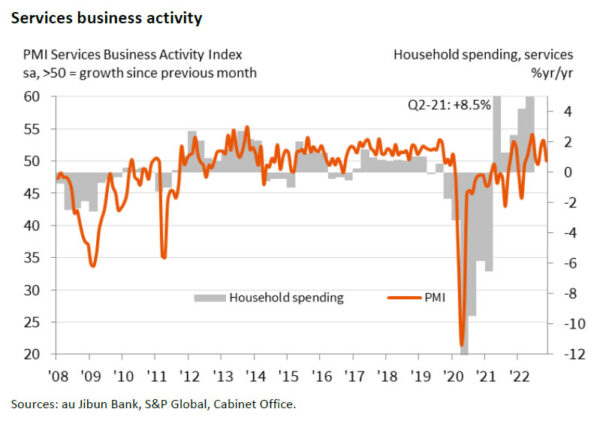
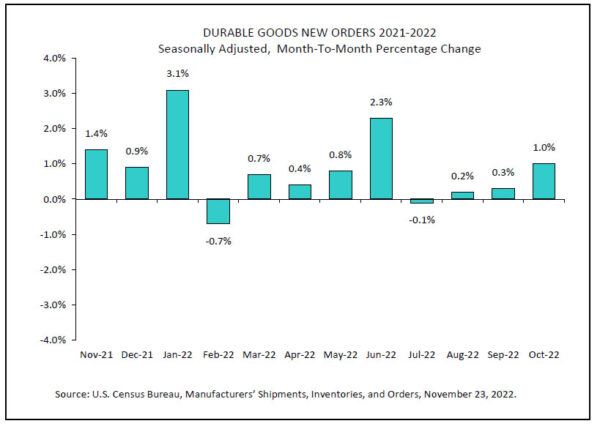

Swiss GDP grew 0.2% qoq in Q3
Swiss GDP grew 0.2% qoq in Q3, matched expectations. Looking at some details, manufacturing contracted -0.2%. Construction dropped -2.2%. Finance and insurance dropped -2.1%. But trade expanded 2.3% while accommodation and food rose 2.8%.
By expenditure approach, private consumption grew 0.7%. Equipment and software investment rose 2.1%. Exports excluding valuables rose 7.89%. But construction investment dropped -2.0%.
Full release here.